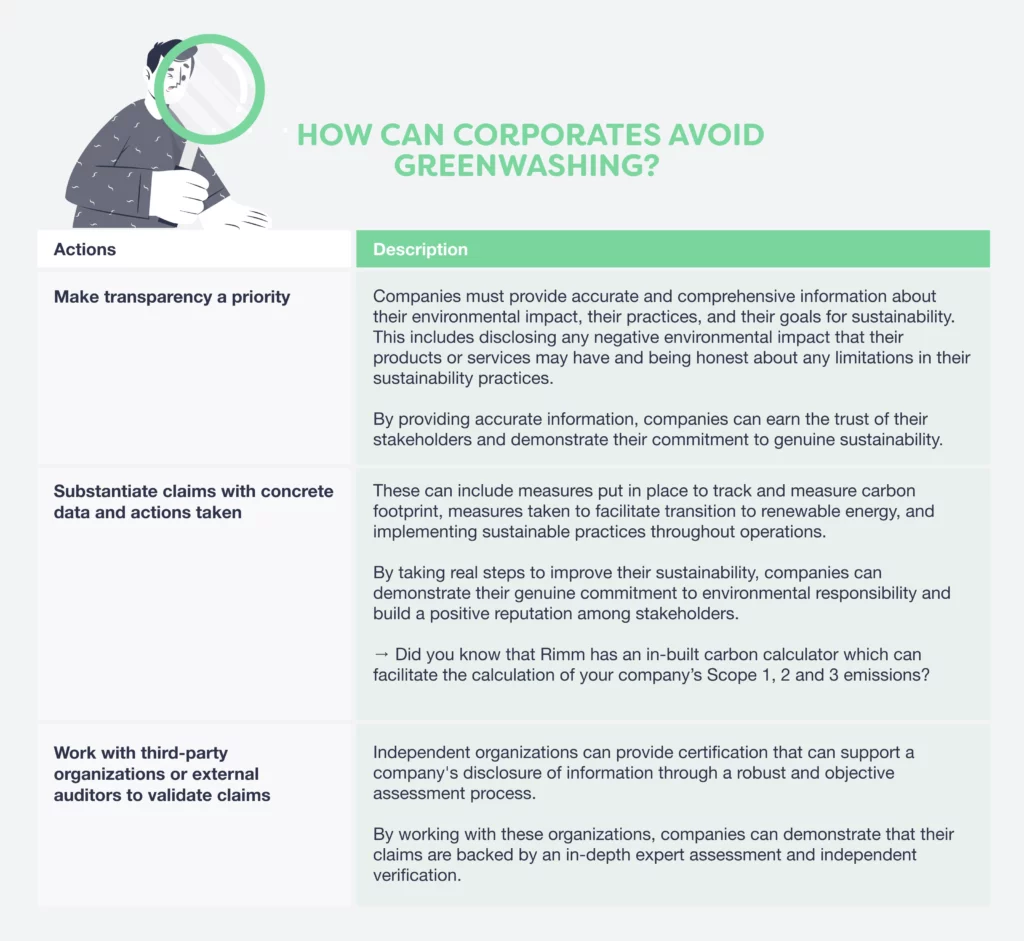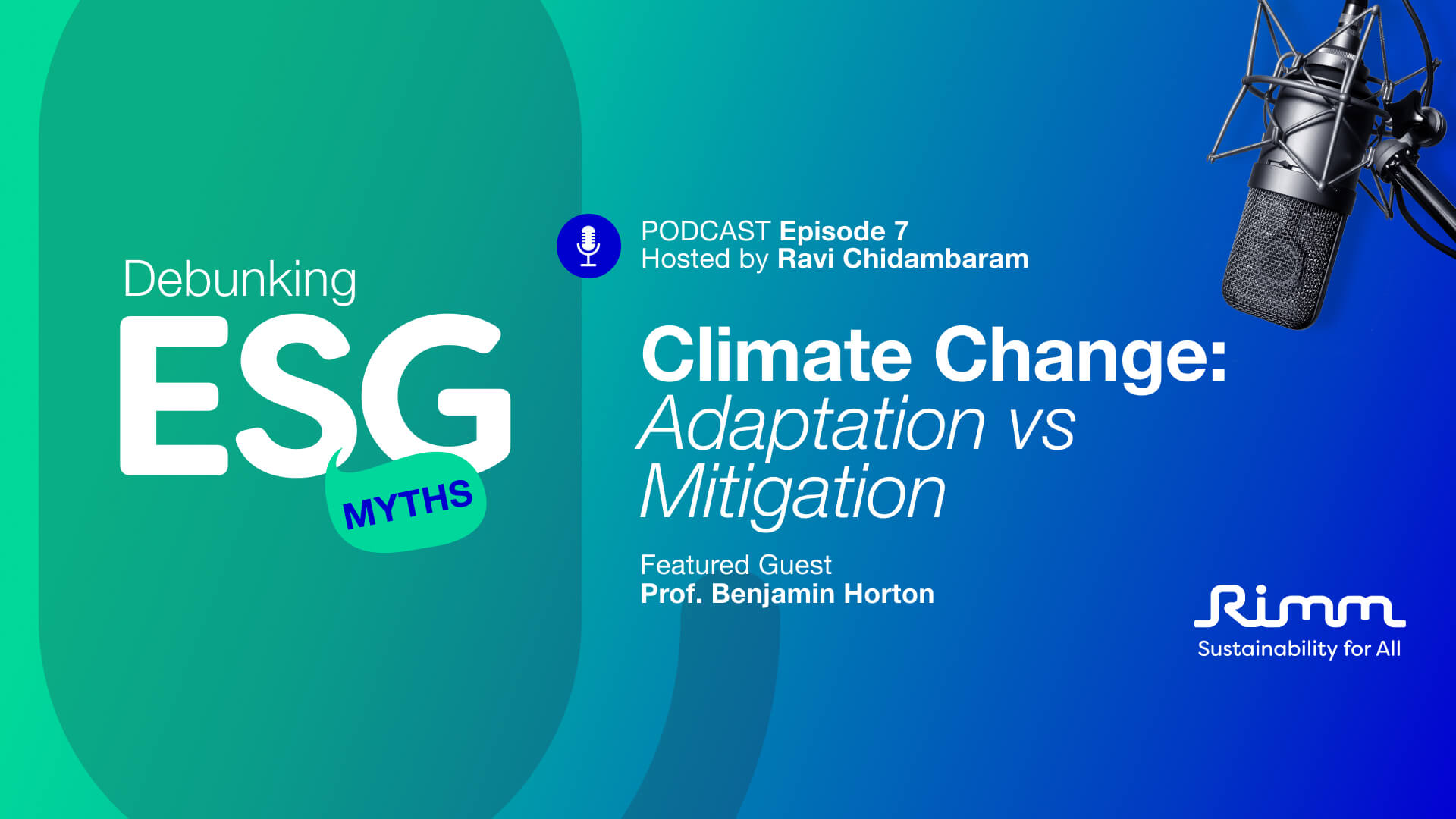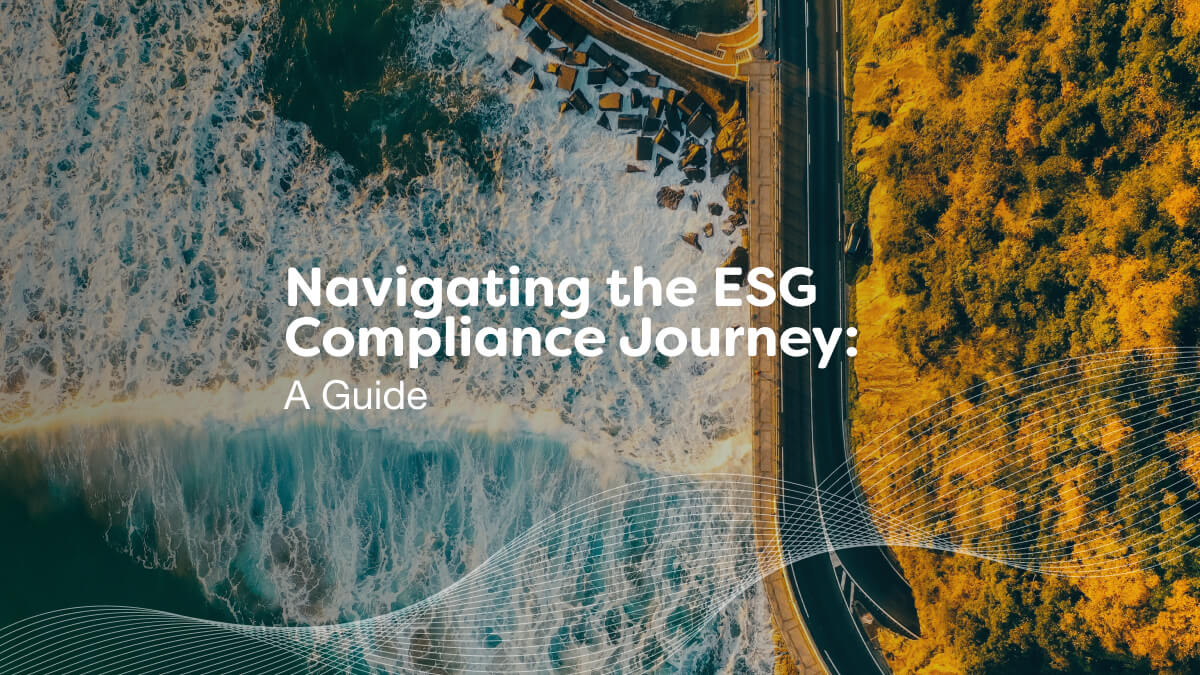Explore the increased scrutiny on corporate greenwashing and what it entails for corporates in an era where climate litigation has rapidly risen.
In the current era of heightened environmental awareness, sustainability has become a critical consideration for both consumers, governments and businesses. As a result, an increasing number of companies have embarked on strategies to trumpet their sustainability credentials by marketing their products and services as “green,” “eco-friendly,” and “sustainable” through advertisements, pledges and social media campaigns. However, this phenomenon has led to the rise of greenwashing, a practice in which companies use misleading advertising and promotional materials to market themselves as environmentally responsible than what they truly are.
Lawyers have warned about the increased pressure on companies to “walk the talk” especially with their claims on sustainability commitments and investing which are now viewed through the prism of ESG. Globally, we are also witnessing a range of measures put in place by regulators and governments to curb greenwashing. These include the UK Financial Conduct Authority (FCA)’s proposal of the Sustainability Disclosure Requirements (SDR) in 2022 to help investors navigate the investment product landscape and identify sustainable investment products. In its consultation paper which was published, the FCA’s proposals include new sustainable fund labels as part of its broader anti-greenwashing rule which is to be applied to all regulated firms. In early February 2023, the FCA had also informed via a letter to asset managers that it will be testing claims on ESG and sustainable investing that are communicated with investors. In the US, scrutiny of claims about sustainability and ESG is already underway, as observed by the U.S. Securities and Exchange Commission’s (SEC) announcement on the establishment of a Climate and ESG Task Force in the Division of Enforcement, stating that it would “proactively identify ESG-related misconduct.”
Recent examples of companies scrutinized for greenwashing & climate litigation
As pressures grow for firms to be sustainable to align with regulatory and customer expectations, there is a risk that more companies will resort to embellishing their sustainability efforts. Recent examples of companies called out for their exaggerated claims include DWS, a leading investment firm accused of misrepresenting the environmental impact of its funds by promoting them as sustainable despite their lack of sustainability credentials. Similarly, Shell and ExxonMobil, two major players in the oil and gas industry, have been criticized for promoting their investments in renewable energy while continuing to extract and sell fossil fuels. These companies are part of a growing list of companies in the corporate world such as Goldman Sachs, Exxon Mobil Corp., BNY Mellon, H&M making headlines after being targeted for alleged deceptions in the climate aspects of their business practices.
Notably, an increasing number of litigation cases associated with greenwashing undertaken by environmental groups, activists, research agencies and investors is rapidly evolving across the globe, with the most recent case of BNP Paribas being the latest firm taken to court over its climate credentials. The Grantham Research Institute on Climate Change and the Environment and the Centre for Climate Change Economics and Policy which published a report in 2022 analyzing trends in climate change litigation captures key developments. Based on the report, it highlighted how climate-related greenwashing litigation or ‘climate-washing’ litigation is gaining pace, “with the aim of holding companies or states to account for various forms of climate misinformation before domestic courts and other bodies.” The report also envisaged that the volume of case numbers of litigation will continue to grow given the urgency of clamping down on entities that “act inconsistently with commitments and targets”, or engage in tactics that “mislead the public and interested parties about their products and actions”.
The repercussions of greenwashing can be severe, evident from the increased scrutiny on organizations that engage in such practices. Being subject to such scrutiny can undermine a company’s credibility and reputation, and it can lead to legal action, consumer backlash, and financial losses.
How can corporates avoid greenwashing?
To avoid the pitfalls of greenwashing, companies must be vigilant and proactive in their approach to sustainability in a responsible, genuine and constructive manner.

In conclusion, greenwashing is a practice that can severely damage a company’s reputation, credibility, and financial well-being. It is critical that companies be transparent about their environmental social practices, make genuine efforts to improve their sustainability, and work with independent organizations to verify their claims. Looking ahead, with the increased levels of scrutiny by various stakeholder groups, rigorous disclosure requirements as well as growing stakeholder and investor pressure, this means that corporations must be cognizant about the implications as well as expectations of their sustainability claims and ensure that they are adequately substantiated and verified.
At Rimm, we strive to encourage our clients to ensure the proper disclosure of information reported. By doing so, we enable companies to demonstrate their commitment to environmental and social responsibility and position themselves as credible and trustworthy leaders in the pursuit of sustainability through strong compliance in ESG.
Simplify Your Sustainability Performance & Tracking With myCSO
✅ Calculate your scope 1, 2 and 3 emissions instantly
✅ Gauge your company’s sustainability performance
✅ View your sustainability performance all from one dashboard
✅ Benchmark against industry peers
Enter your information below to book a demo with our team today.







